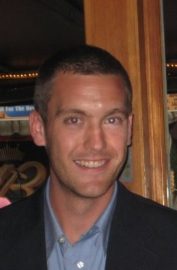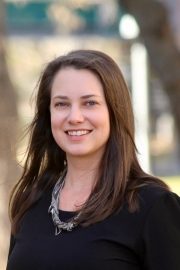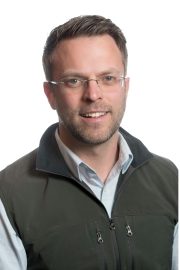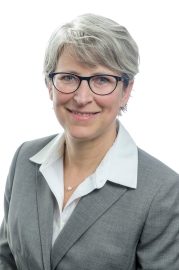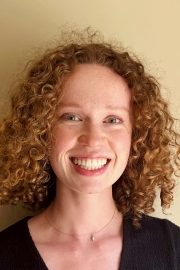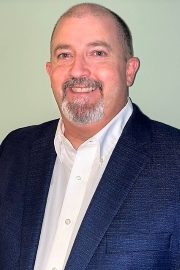Full Bio
William “Brett” Perkison, M.D., MPH, is an Assistant Professor at the University of Texas School of Public Health in the division of occupational and environmental sciences and program director of the school’s occupational and environmental medicine residency. He obtained his medical degree at UTMB Galveston and completed residencies in Family Medicine at Baylor College of Medicine and Occupational and Environmental medicine at the UT School of Public Health. Prior to joining the faculty, he has worked as a regional manager in occupational medicine in the energy industry in corporate, research and manufacturing. He has also been a medical director of both outpatient community health settings as well as in employee health for a large health care system. During his career he has had extensive experience in disaster response efforts in the Houston area, including for hurricanes Katrina, Rita, Ike, and Harvey.

